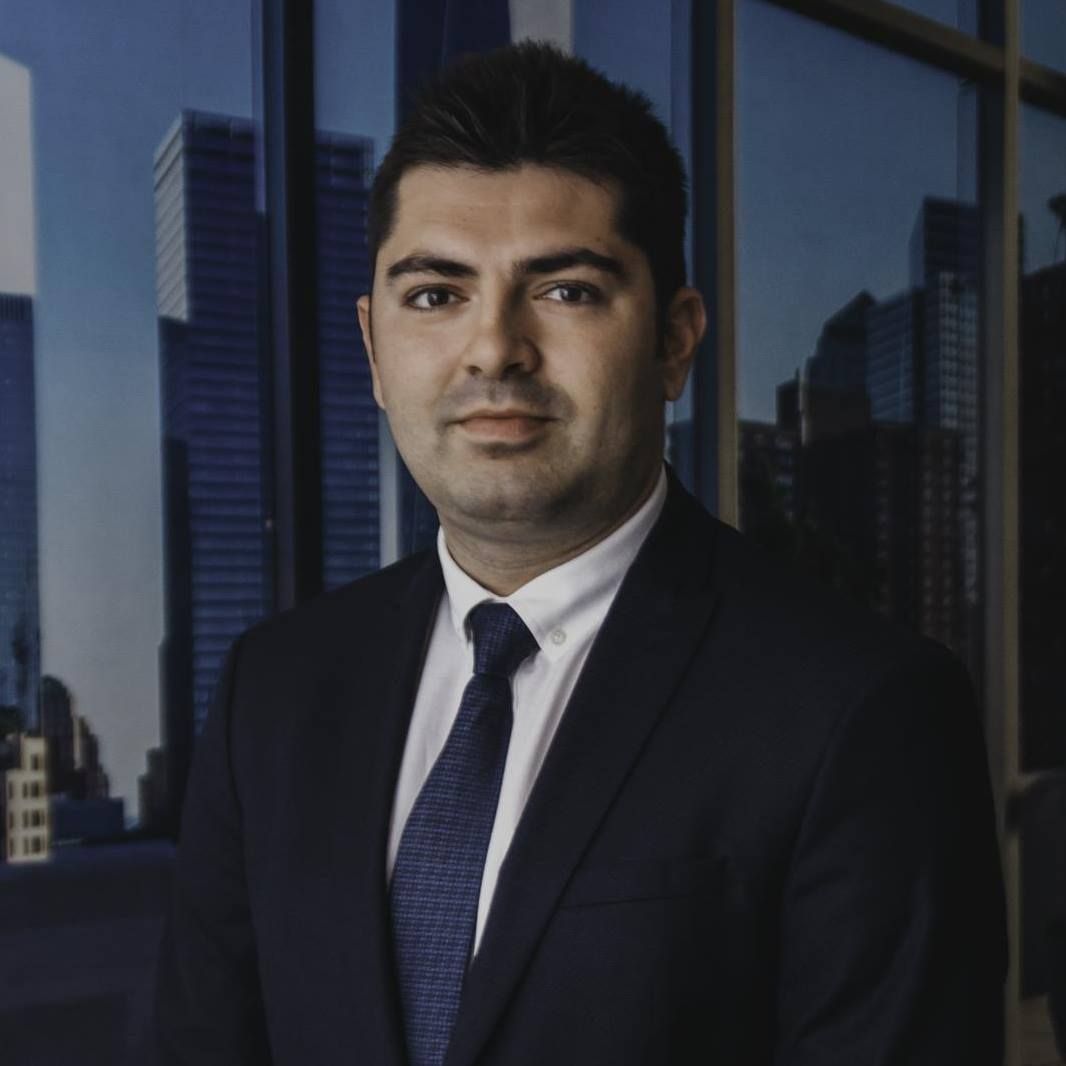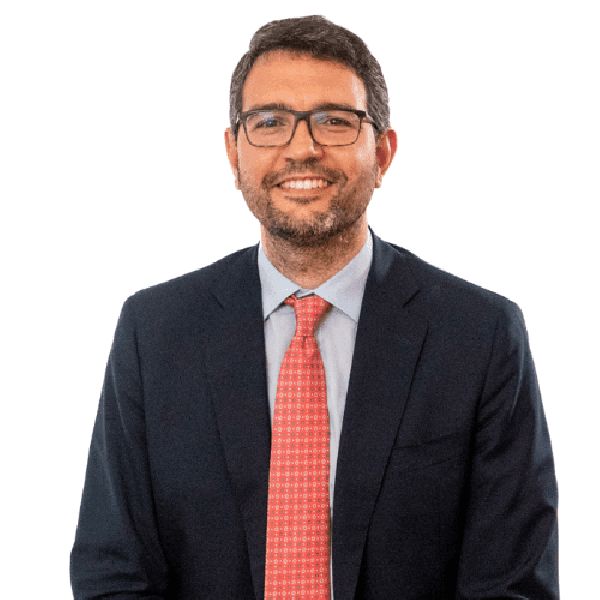
|
14.06.2023 | Teodor BURNAR
|




|
Doing business in North Macedonia. Mr. Martin Boshkoski: „There are significant reasons why it is recommended to consult and hire a lawyer before starting any investment process”
WOLEP: What are the possible types of state aid available for businesses in North Macedonia?
Martin Boshkoski: There are various programs and opportunities prescribed by law, which I would like to mention. Firstly, the IPARD programs (https://ipard.gov.mk/en/home/) and a smaller package (https://www.av.gov.mk/oglasi-za-aktivni-merki.nspx) for micro businesses, both aimed at improving employment and supporting innovations. Secondly, for larger investments, the most important opportunities are the investment opportunities in free investment zones (https://fez.gov.mk/) and financial aid for investments. The government offers business loans, grants, tax breaks, and other similar opportunities.
One such program prescribed by law is the financial aid for investments (https://investnorthmacedonia.gov.mk/). Under this program, if your investments are approved within your business plan and covered under the agreement you have signed with them, you will receive a grant that essentially reimburses you for your investment. This program is highly appreciated by investors as it encourages them to make investments, and in turn, stimulates the investment process, leading to increased employment and overall economic growth in the country.
WOLEP: Is the Law on financial aid for businesses an old one or a recent one?
Martin Boshkoski: The law in question was initially adopted in 2018 and underwent improvements and changes in 2021. Despite its relatively recent implementation, the new government at the time sought to enhance investment opportunities and provide a more inclusive approach that benefited both foreign and local investors in North Macedonia. Previously, it appeared that only foreign investors in free zones were receiving benefits from the government, though this was not explicitly stated in the law. However, the revised law now provides opportunities for all, not just foreign investors. As a result, local companies, particularly those in the production sector, can also take advantage of these opportunities, alongside foreign investors.
WOLEP: What are the criteria that businesses must meet in order to qualify for financial aid from the government?
Martin Boshkoski: Many of these opportunities have specific criteria that must be met. For instance, the IPARD program focuses on regional development. If your business is located in the city center, you will not be eligible for IPARD. On the other hand, the free investment zones are only available to businesses located within those zones. The financial aid for investment, however, is mainly geared towards companies involved in production, whether it is a product or software. Service providers are not eligible for this program. Regardless of the program, applicants must have a clean record, free of any sanctions, criminal history, or financial issues, to be considered. Additionally, different programs may have varying financial requirements. In summary, a strong business plan and a trustworthy investment proposal are crucial in securing government or institutional trust and support.
Regardless of the program, applicants must have a clean record, free of any sanctions, criminal history, or financial issues, to be considered
WOLEP: This process of obtaining the financial aid as a business or as a business owner, is it straightforward or does it take a lot of time?
Martin Boshkoski: Depending on the program, there may be specific time frames during which applications can be submitted. For example, the IPARD and fund of innovation programs have designated periods when applications can be made. The financial aid program has a deadline of May 31st for applications, and the process typically takes a few months until the agreement is signed. However, the program is designed to be flexible, allowing coverage for all investments made within the designated period, minimizing the impact of bureaucracy and lost time. Overall, the application process is not overly complex, as the North Macedonian government aims to be open, proactive, and supportive of potential investors, particularly those seeking to enhance investment opportunities. The institutions responsible for these programs are generally supportive of this approach.
WOLEP: How important is the role of lawyers in this process? Why would you advise business owners to access the services of a lawyer?
Martin Boshkoski: The investment process involves numerous legal documents, which are either prepared or acquired by lawyers. From incorporating the company to setting up business activities, legal expertise is essential for a smooth investment process. If your goal is to invest in North Macedonia and take advantage of these programs, it is highly recommended to seek the counsel of a lawyer from day one, even before incorporating the company. Potential problems or obstacles may arise from the beginning, and having a business or corporate lawyer involved from the outset can help you avoid missteps in the process. This will ultimately save you a lot of time and prevent headaches down the line.
WOLEP: I think it also helps you to to win a lot of time compared to dealing with it all by yourself, lacking the proper knowledge.
Martin Boshkoski: In addition to avoiding mistakes, seeking legal counsel can save you time and provide valuable assistance. These are significant reasons why it is recommended to consult / hire a lawyer before starting any investment process.
WOLEP: Are there any limitations or drawbacks to accepting financial aid from the government for a business?
Martin Boshkoski: There are no significant limitations or drawbacks to taking advantage of these opportunities if you use the financial aid as planned. However, it is essential to recognize that the government expects you to make the investment and maintain it for a specific period, as outlined in the agreement between you and the government. If you decide to change your mind and no longer wish to maintain your business in North Macedonia, you will be required to return the financial aid provided by the government. While this may not be considered a setback, it is a crucial obligation that must be considered by anyone seeking to utilize these opportunities.
WOLEP: How does the Law on financial aid for businesses in North Macedonia compare to similar laws in other countries (in the Balkans and beyond)?
Martin Boshkoski: To be honest, I have not had the opportunity to engage in any financial aid applications in other countries, primarily because we are not experts in foreign laws. However, I have read extensively on the subject and can say that these opportunities typically revolve around the same principle: that governments should provide support to investors through business loans with low or no interest rates, grants, tax breaks, and other similar opportunities. While there may be differences in specific programs, the general approach is similar across the region. One notable program is the Startup Serbia program, which is a step ahead in supporting the IT industry. However, overall, the governments in the region are competing with each other under similar financial aid schemes, which is beneficial for investors.
WOLEP: As a specialist in business law, what advice do you have for someone who's planning to invest in North Macedonia?
Martin Boshkoski: As a lawyer, it is my responsibility to present all potential risks to my Clients, not all of which are related to legal matters. Many challenges arise from an economic perspective, such as reaching investment goals and finding suitable employees. It is common for potential investors to contact a lawyer as their first step, and after incorporating the company, the next important task is to start looking for employees. However, for larger companies seeking to hire a significant number of employees, the opportunities may be limited, making it difficult to find long-term, loyal employees. Therefore, I believe the government should simplify the process of acquiring work permits, particularly for applicants from Eastern countries such as Bangladesh, India, and Pakistan, who may be interested in opening small businesses or working as factory workers. Some negative reactions from the public suggest that hiring foreign employees will lower the average salary and decrease the standard of living. However, I do not believe this to be true when considering the overall economic picture.
If finding suitable employees becomes an unsolvable challenge, North Macedonia will no longer be an attractive destination for investment, despite good financial aid opportunities provided by the government in recent years. Investors are typically attracted to countries where they can find suitable employees at a lower cost. I once had a conversation with an Indian person who asked me if I had ever heard of an Indian person causing a significant problem in a Western nation. I realized that this was rarely the case.
There are no significant limitations or drawbacks to taking advantage of these opportunities if you use the financial aid as planned
WOLEP: What is the current status of the legal industry in North Macedonia, particularly in Skopje - both in terms of challenges and opportunities?
Martin Boshkoski: In my year at law school, there were approximately 700 students studying law. I am unsure of the current statistics, but I estimate that there are now around 200-250 students, indicating a decrease of almost three times the number of law students.
Despite this decrease, as lawyers, we do not sense a decline in the number of lawyers. However, it may become increasingly challenging to find talented interns or newly graduated lawyers in the next 4-5 years. Therefore, the ability to acquire and retain skilled talent will be crucial for law firms to succeed, as the most significant challenge will not be obtaining new Clients, but rather having a team equipped to handle the work.
While technology may be helpful in addressing this challenge, it is important to remember that North Macedonia is a small jurisdiction with unique laws and language, making it less attractive for IT companies to invest in software that uses AI technology to improve work processes for employees. Consequently, compared to larger countries, our law firms may fall behind in implementing such technologies. Additionally, the adaptation of technology to local language and jurisdiction takes time, so software that is already late in other countries will likely be delayed for our professionals as well.
Thus, the challenge in the next 5 to 10 years will be for law firms to build a strong team and utilize available technology to establish their position as top law firms.
WOLEP: Your Law Firm states on your website that you "look at the law differently". Could you explain what you mean by that?
Martin Boshkoski: When my partner and I are faced with a complex legal question, we aim to approach it by providing different perspectives and engaging in legal arguments. We believe that being open to different viewpoints allows us to avoid being stuck in a single position and providing a singular solution to our Clients. Our goal is to provide a unique approach to legal challenges that our Clients face from a business and rational perspective. This is reflected on our website, where we emphasize the importance of looking at the law differently.
Instead of merely showcasing our knowledge of the law, we strive to work collaboratively with our Clients to solve their legal problems efficiently and without resorting to litigation whenever possible. This approach often leads to the most favorable legal solutions for our Clients. Our primary goal is to help our Clients achieve their desired outcomes, rather than simply impressing them with legal jargon or winning a case for the sake of winning.
Thus, looking at the law differently requires a shift in perspective towards finding the most effective solution for the Client's needs.
Our primary goal is to help our Clients achieve their desired outcomes, rather than simply impressing them with legal jargon or winning a case for the sake of winning
WOLEP: It is, indeed, very important to be adaptable, to be focused, to be in the moment with your Client, with his challenges, his problems, and also to be open-minded.
Mr. Boshkoski, you've had Clients all over the globe. Could you tell us about what motivated you to join the WOLEP network, and how you envision collaborating with lawyers from different parts of the world in the future?
Martin Boshkoski: One of our motivations is to expand our reach and attract Clients and collaborations from all over the world. Joining WOLEP will undoubtedly accelerate this process. When your colleague explained the functioning and philosophy of your enterprise, it all made sense to me. WOLEP offers a comprehensive network that provides solutions and opportunities for everyone involved, from Clients to professionals and the organization itself. It is a win-win situation where everyone benefits and contributes to the relationship.
The idea of joining your organization was primarily driven by this logic, as I am aware that the number of opportunities and the approach available to me will depend on my economic situation. It is possible that someone from a country with a larger economy, such as Serbia or Germany, may have more opportunities. However, the overall organization and mechanisms in place are designed to work for everyone involved, which inspires hope and confidence in me. I trust that WOLEP will successfully achieve all its goals as planned.
Are you a legal eagle with a passion for collaboration? Join forces with other legal professionals and elevate your practice to the next level. Don't wait, sign up now to WOLEP and connect with like-minded lawyers today. Register your account here.
#WOLEP Talk #Martin Boshkoski #law in the Balkans #North Macedonia #business law #financial aid




